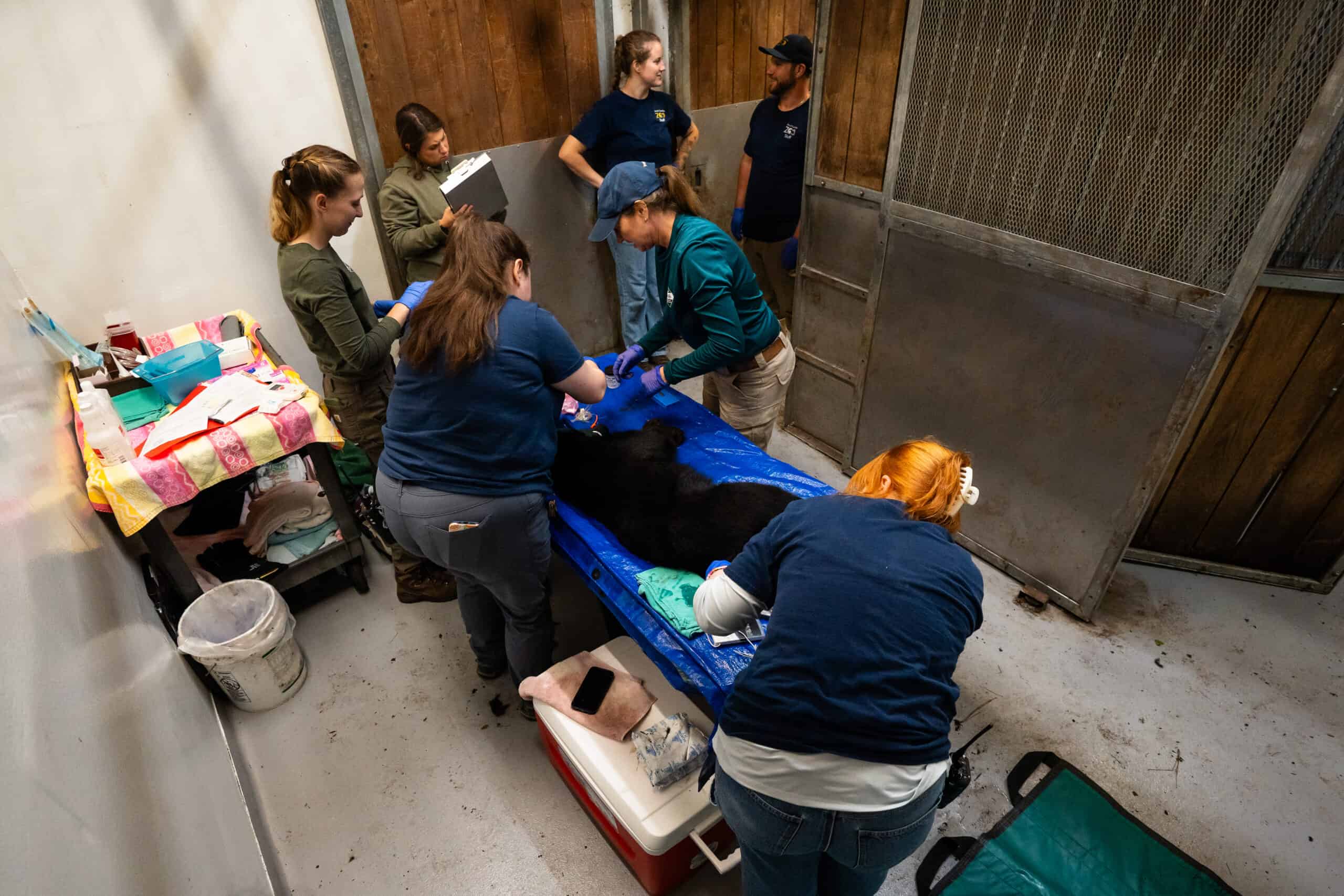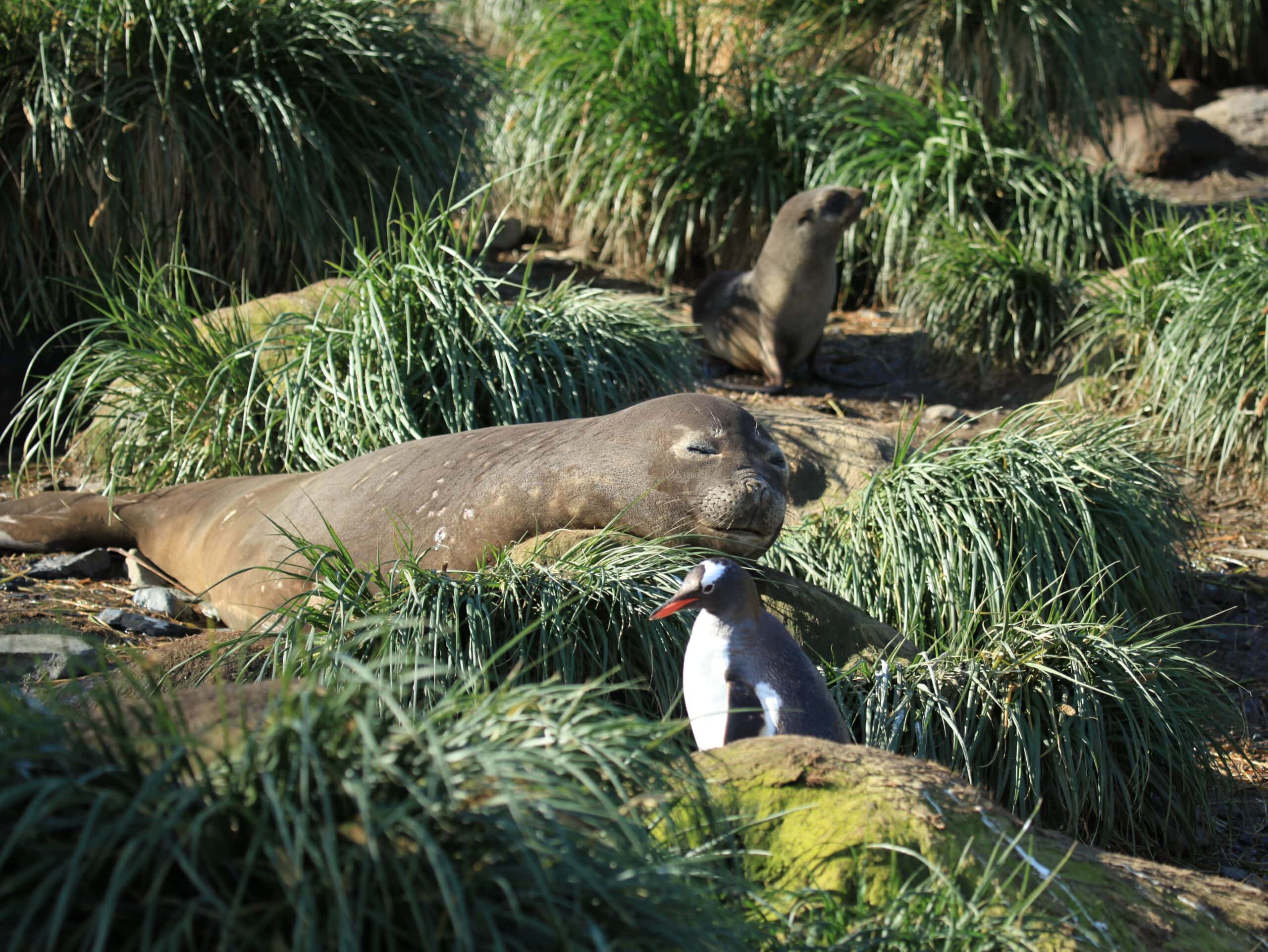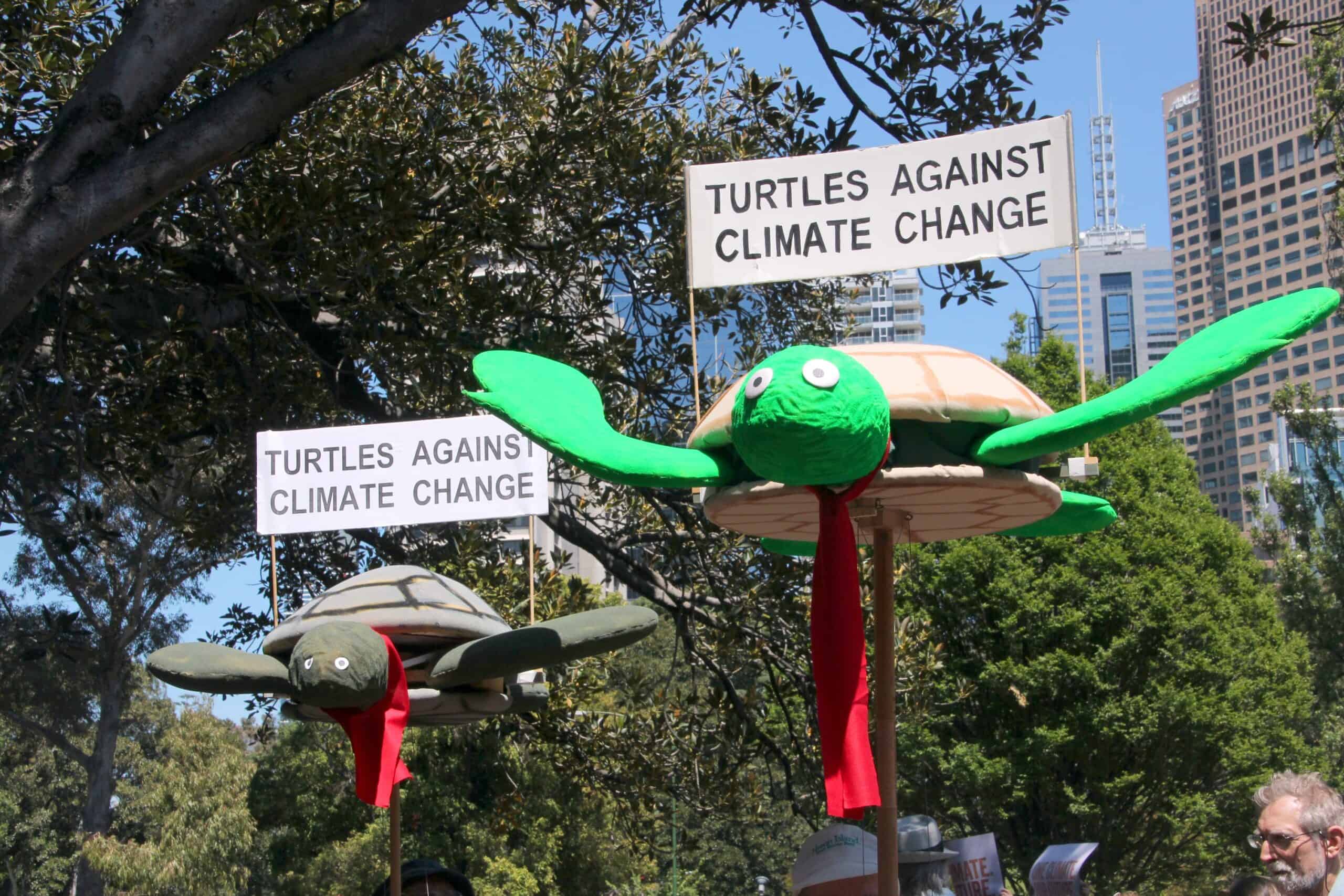Share this article
President requests increased Interior budget for FY 2023
The Biden Administration is requesting from Congress an overall 7% increase to the federal discretionary budget for Fiscal Year 2023, with targeted requests for the U.S. Department of the Interior’s climate and wildlife conservation priorities.
Under the $5.8 trillion proposal, the Department of the Interior would see a 19% increase, from $15.2 billion to $18.1 billion. The president’s budget proposes increased funding for several key natural resource programs and agencies, with total requested appropriations of $2 billion for the U.S. Fish and Wildlife Service, $1.7 billion for the U.S. Geological Survey and $1.6 billion for the Bureau of Land Management—increases of $388.2 million, $58.0 million and $238.0 million, respectively.
“The Wildlife Society is encouraged by many of the funding proposals outlined by the administration,” said Caroline Murphy, government relations manager at The Wildlife Society. “Enactment of proposed increases for federal land management and cooperative science programming would provide opportunity for wildlife professionals to more effectively work on agency and partner needs to advance wildlife conservation and management.”
The administration’s budget requests for the U.S. Fish and Wildlife Service aligned with several TWS priorities, including the National Wildlife Refuge System. Operations and Maintenance funds for the system, proposed at $597.9 million for FY 2023—an additional $94 million compared to last fiscal year—would go to the nation’s only set of federal lands dedicated to the conservation and management of America’s native wildlife. The USFWS also proposes $82.4 million for the State and Tribal Wildlife Grants program, an increase of $10 million to support state and tribal efforts to conserve at-risk species.
Requests for the Bureau of Land Management’s budget include a $239.1 million proposal for the Wildlife and Aquatic Habitat Management program, which would be spent in part on the BLM’s continued implementation of sage-grouse habitat restoration efforts, migratory bird conservation and big game conservation. Additionally, the BLM requests $153.1 million for Wild Horse and Burro Management, a program that the administration has prioritized for the coming year.
The proposal for The U.S. Geological Survey’s includes $375.7 million for the Ecosystems Mission Area. Notable programs under the mission area, such as the Biological Threats and Invasive Species Research program, Climate Adaptation Science Centers and Cooperative Research Units are proposed to receive funding levels of $47.9 million, $124.7 million and $28.2 million, respectively—all small increases.
The USGS’ National Wildlife Health Center—the only national center dedicated to wildlife disease detection, control and prevention throughout the United States—has received no additional funding for modernization since Fiscal Year 2021. The Wildlife Society and other conservation groups are requesting additional financial support from Congress to allow the NWHC to make much-needed infrastructure improvements in future fiscal years.
In addition to the aforementioned conservation programs that directly support Biden’s America the Beautiful initiative, the DOI has set aside notable investments to increase equity and workforce diversity.
The 2023 budget provides $16.8 million for the implementation of Secretary Haaland’s Diversity, Equity, Inclusion and Accessibility council; $48 million for the National Park Service to advance racial justice and equity for underserved communities; $5.0 million to support African-American Civil Rights Network partnerships; $5.7 million to strengthen partnerships and improve coordination with tribes; $5 million to improve park accessibility; and $5 million to address transportation barriers to parks from underserved communities.
Congressional appropriators have recently begun the process of developing their own funding proposals for FY 2023. They may consider the administration’s budget request during that process, but are not obligated to follow it.
Read TWS’ testimony on the FY 2023 Interior budget.
As more information is revealed about FY 2023, which begins in October, TWS will re-examine and submit additional appropriations requests regarding these program areas. Members of TWS can check out the appropriations action center in the coming weeks for updates on the administration requests as well as TWS’ positioning on FY 2023 funding.
Header Image: Red fox (Vulpes vulpes) kits. Credit: Jennifer Cross/USFWS








